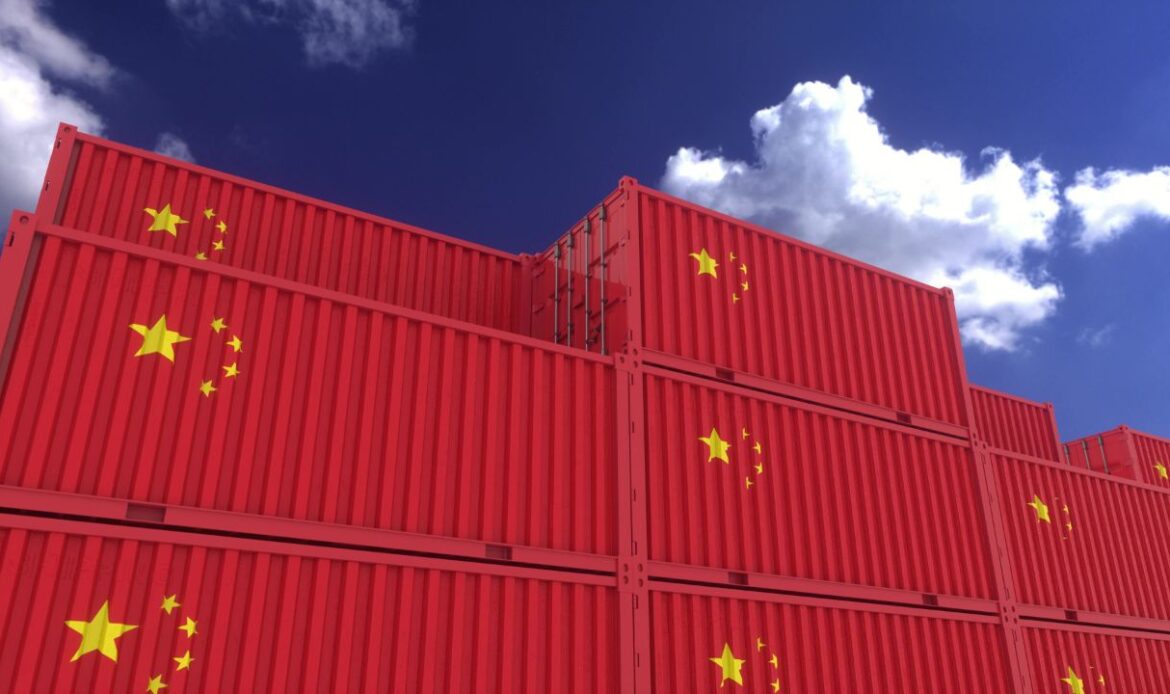
Shipping cargo from China to Dubai plays a crucial role in global trade, with Dubai and Abu Dhabi serving as key logistics hubs in the United Arab Emirates. Whether you run a small business or manage large imports, it’s essential to reduce costs without compromising efficiency or reliability.
This guide covers simple ways to save money on cargo from China to Dubai, from picking the best shipping method to handling logistics and customs.
Why Shipping from China to Dubai Is So Important
China is one of the UAE’s largest trading partners. Every day, large amounts of electronics, machines, textiles, and household items are shipped from China to the UAE by air and sea. As a result, the growing demand creates a need for efficient and cost-effective shipping services that offer value and peace of mind.
1. Understand the Basics of Cargo from China to Dubai
Before looking at ways to save, it’s helpful to know what affects the cost of shipping from China to Dubai.
- Shipping method (air or sea)
- Cargo volume and weight
- Shipping distance
- Customs clearance fees
- Additional services like door-to-door shipping
Knowing these factors help you make smart choices and avoid extra charges.
2. Choose the Right Shipping Method: Air vs. Sea Freight
The choice between air freight from China and sea freight from China to the UAE is a major factor in determining shipping costs.
Air Freight
- Faster delivery, ideal for urgent or high-value goods
- More expensive, especially for large shipments
- Air freight rates are calculated by dimensional weight or actual weight, whichever is greater
Sea Freight
- Cost-effective for bulk or heavy cargo
- Slower transit times (can take 20–30 days)
- Ideal for non-urgent shipments and larger loads
Tip:
If your shipment isn’t time-sensitive, sea freight offers significant savings. Additionally, consider freight shipping options like LCL (Less than Container Load) or FCL (Full Container Load) based on your cargo size.
3. Use Door-to-Door Services for Convenience and Value
Choosing door-to-door services means your cargo is picked up in China and delivered directly to your location in Dubai or Abu Dhabi. At first, it may seem like a premium service, but it often saves money compared to using separate companies for shipping, handling, and delivery.
Benefits include:
- Consolidated pricing
- Simplified communication
- Reduced risk of delays or lost cargo
Therefore, look for providers offering door-to-door shipping with transparent pricing and no surprise fees.
4. Consolidate Shipments for Better Rates
Consolidating smaller shipments into a single large one reduces the cost from China significantly. You can:
- Group multiple purchases from different suppliers
- Use warehouse consolidation services to store goods until ready for shipment
- Avoid multiple customs clearance charges
Consequently, this strategy works especially well for businesses shipping products in smaller batches.
5. Plan Shipments in Advance
Last-minute bookings often incur premium rates, especially for air freight from China. To save on cargo from China to Dubai, always:
- Book early, especially during peak seasons
- Avoid holidays and trade show periods (e.g., Chinese New Year)
- Work with a shipping company that offers flexible scheduling
Ultimately, planning helps optimize shipping routes and often leads to lower rates.
6. Compare Shipping Services and Rates
Not all shipping services are created equal. Rates can vary depending on the provider, the route, and the value-added services included. Always:
- Request multiple quotes for comparison
- Ensure each quote includes the same scope (customs, pickup, delivery, etc.)
- Look beyond the price—evaluate customer service, delivery time, and reliability
A low price is only a good deal if the service meets your expectations.
7. Understand Customs Clearance Procedures
Navigating customs clearance smoothly is key to avoiding delays and extra charges. Therefore, familiarize yourself with:
- Required documentation (commercial invoice, packing list, bill of lading)
- Duty and tax rates in the United Arab Emirates
- Restricted or prohibited items
In fact, consider working with a shipping company that offers customs clearance support to simplify the process.
8. Avoid Hidden Fees and Unnecessary Add-ons
Some costs are not immediately obvious when shipping cargo internationally. To avoid surprise charges:
- Ask for a detailed breakdown of all fees
- Confirm if storage, handling, or documentation is included
- Review insurance policies and opt only for necessary coverage
Understanding all components of the quote helps you assess the cost-effectiveness of your shipping solution.
9. Optimize Packaging for Weight and Space
Shipping costs are often based on dimensional weight, especially for air freight from China. Over-packaged or poorly packed goods can increase your bill.
Tips:
- Use compact, sturdy packaging
- Eliminate excess padding when not needed
- Combine items into fewer boxes when safe
Just like a well-planned layout and sturdy materials matter when building a privacy fence, smart packaging helps reduce bulk and keep shipping costs down.
This not only saves on shipping fees but also improves environmental sustainability.
10. Choose a Trusted Shipping Partner
Partnering with a reputable provider ensures reliability, efficiency, and transparency. The right partner will:
- Offer shipping services from China tailored to your needs
- Have a strong customer service team
- Provide real-time tracking and proactive communication
So, when choosing a shipping company, focus on experience, reviews, and service quality—not just price.
11. Explore Regional Delivery Within the UAE
Once your cargo arrives in Dubai, final delivery to Dubai, Abu Dhabi, or other emirates should be considered. Choosing a provider with robust last-mile delivery services can:
- Speed up local distribution
- Reduce storage fees at the port
- Ensure a free experience from the port to the doorstep
Again, door-to-door shipping can be cost-effective when done through a provider offering integrated logistics.
12. Understand the Role of Incoterms
Incoterms (International Commercial Terms) define the responsibilities of buyers and sellers. For cost-saving:
- Choose terms like FOB (Free on Board) or EXW (Ex Works) wisely
- Know who is responsible for freight, insurance, and customs
- Avoid confusion and duplicated charges
In short, clear agreements prevent unnecessary misunderstandings and financial surprises.
13. Leverage Technology for Tracking and Management
Modern shipping solutions use digital tools for booking, tracking, and reporting. Utilizing technology helps:
- Monitor your cargo in real-time
- Anticipate delays
- Reduce manual paperwork and miscommunication
Fortunately, many service providers now offer dashboards for shipment visibility—use them to your advantage.
14. Stay Updated on Regulations and Policies
Trade policies and shipping regulations can impact costs. Keep an eye on:
- UAE import rules
- Chinese export laws
- New tariffs or duties
- Pandemic or geopolitical impacts
Staying informed helps you adjust your strategy in time to minimize cost implications.
Final Thoughts
Saving money on cargo from China to Dubai is not just about cutting corners—it’s about making smarter choices. A careful balance of cost, speed, and service quality ensures long-term success in international trade. Whether you’re sending electronics to Dubai or home goods to Abu Dhabi, your cost-saving strategies should support your broader business objectives.
Suppose you’re looking for a reliable, cost-effective, and professional partner for your cargo from China to Dubai. In that case, Universal Relocations offers a seamless door-to-door shipping experience backed by excellent customer service and global logistics expertise. Let your next shipment be stress-free, efficient, and affordable.

 800-13-7356
800-13-7356
